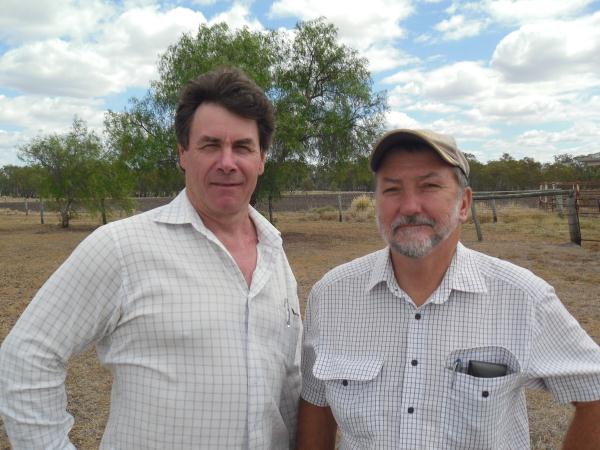Digital Edition
Subscribe
Get an all ACCESS PASS to the News and your Digital Edition with an online subscription
Two-month closure scheduled for Warwick pool revamp
Warwick’s aquatic facilities are getting a brand new look in the coming months, with the Southern Downs regional council scheduling upgrades for the centre...









